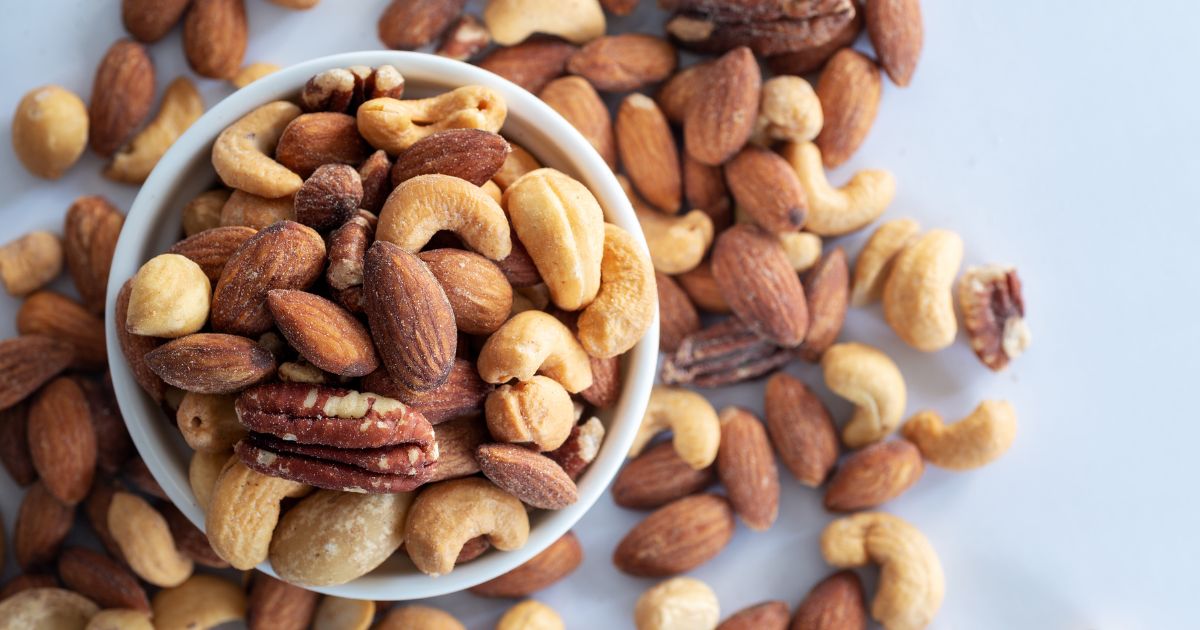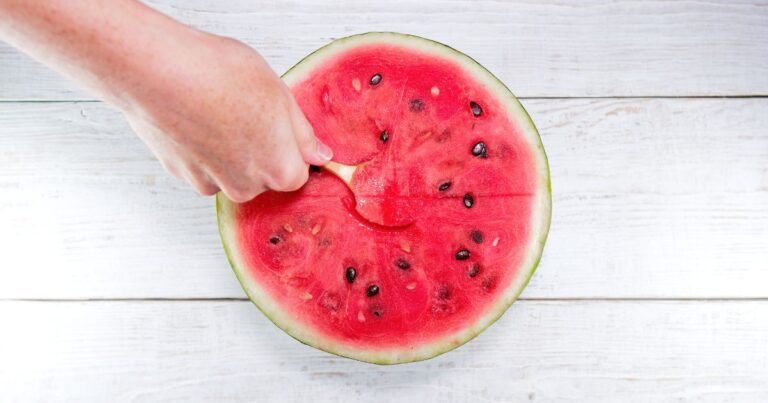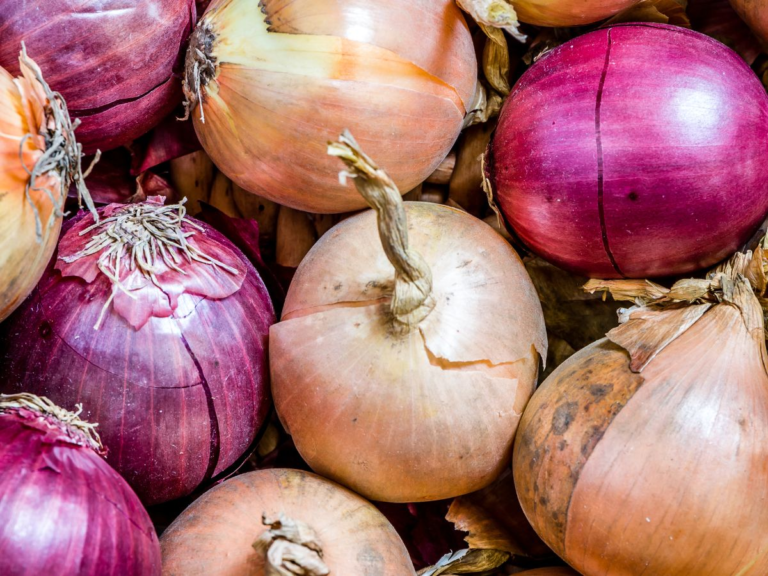Food Cravings: My Sudden Craving For Nuts and Healthy Fats
Welcome to the flavorful world of nuts! Have you ever wondered why you’re suddenly craving almonds, cashews, or walnuts? From the hidden messages of nutritional and nutrient deficiencies to the emotional comfort of a crunchy snack, get ready to uncover the nine secrets behind your nutty food cravings.
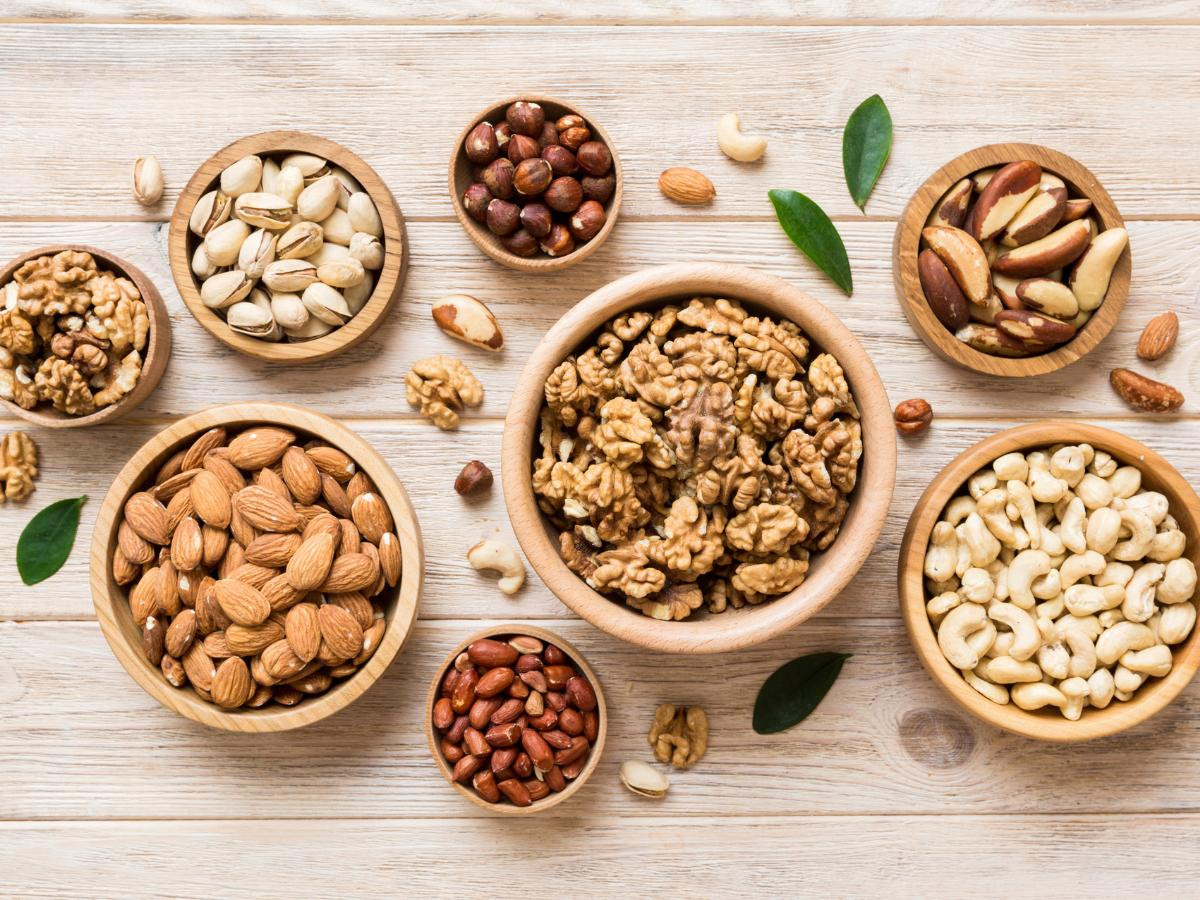
Welcome to the Nutty World of Cravings
Have you ever found yourself inexplicably reaching for that jar of almonds or daydreaming about blending a creamy cashew spread in the middle of a meeting?
Well, you’re not alone. I get it as a professional chef with more time with nuts than with most humans.
Why do we crave nuts? Sure, they’re delicious (I’ve sprinkled them on everything from salads to pumpkin pancakes), but there’s more to these tiny powerhouses than taste.
So, let’s crack open this shell and discover the nine reasons why nuts might be your body’s favorite snack.
Table of Contents
Why Am I Craving Nuts?
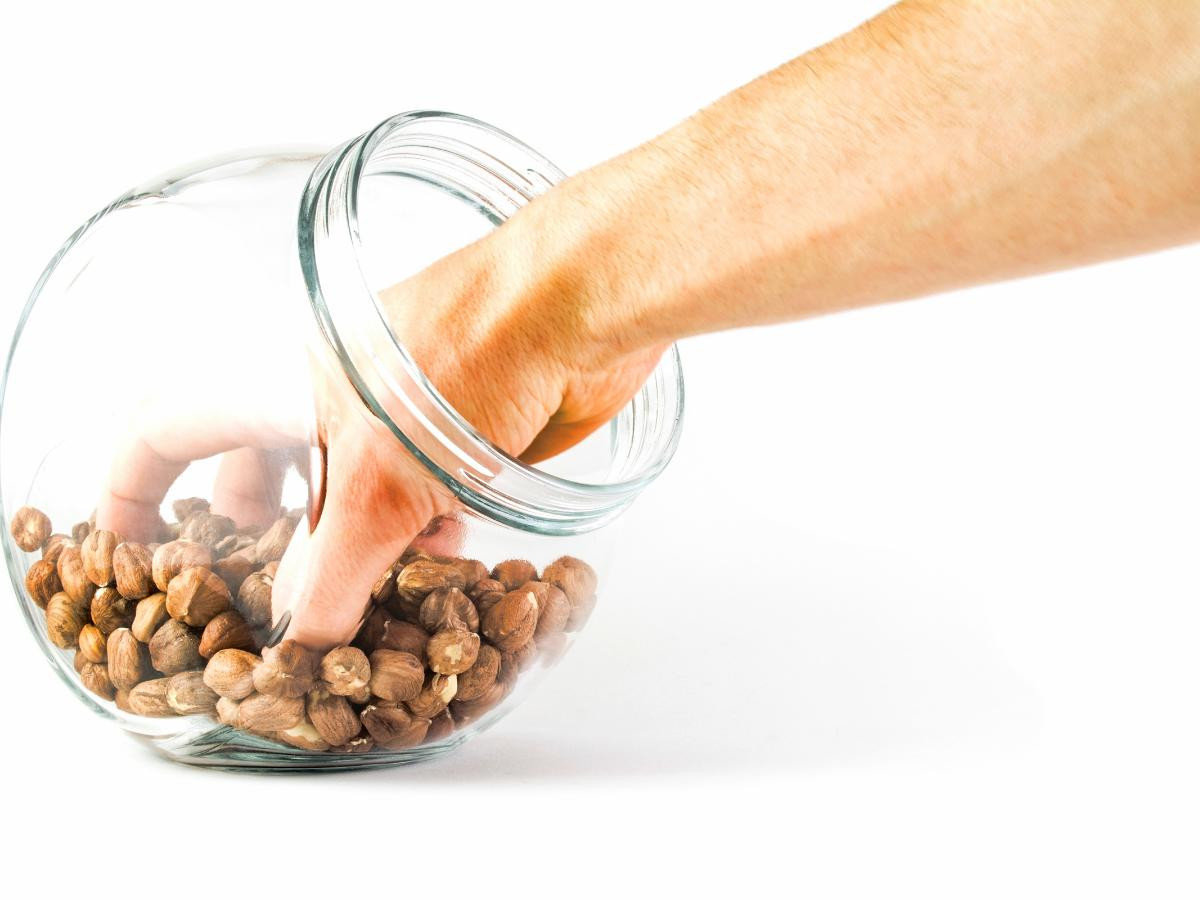
Have you ever found yourself eagerly reaching for a handful of almonds, savoring the rich taste of cashews, and wondering, “Why am I craving these nuts?”
From nutritional needs to comforting crunches, nuts are more than a tasty snack. Let’s crack down on what these specific foods and their cravings mean.
1. Nutritional Deficiencies: Listen to Your Body
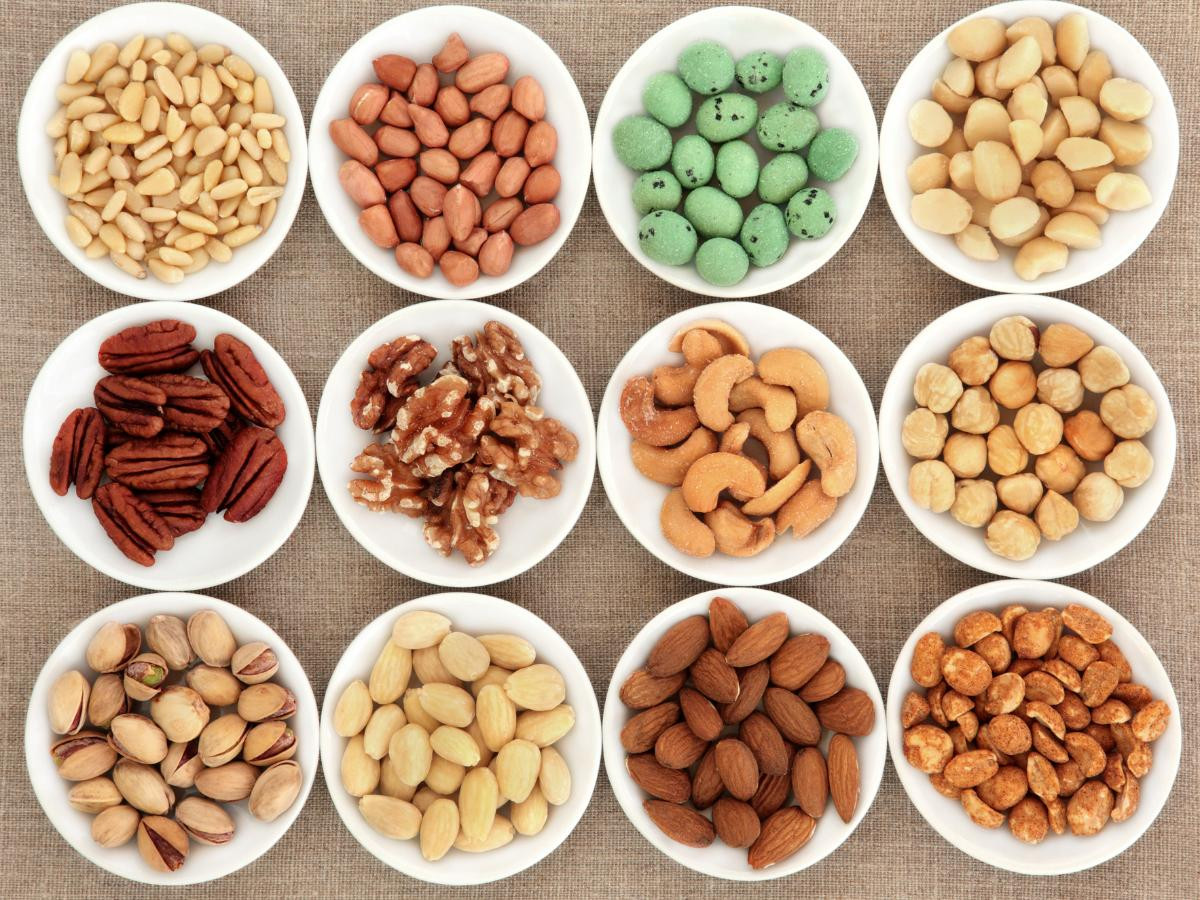
We often crave what our body needs. Nuts are nutritional champions, packed with magnesium for nerve function, protein for muscle repair high fat, and healthy fats for almost everything else.
Craving nuts could be your body’s bat-signal for these nutrients.
Nuts are nature’s multivitamins, rich in nutrients like magnesium, selenium, and healthy fats.
When your body lacks these essential nutrients, it might send you signals through common food cravings.
For instance, low magnesium levels can lead to most cravings for almonds or cashews, which are magnesium-rich.
2. The Ultimate Energy Booster

Need a quick pick-me-up? Nuts are your go-to. They’re like tiny, edible batteries that give you a slow, steady release of energy. Perfect for those long shifts in the kitchen or on the go.
Nuts are the superheroes of the snack world, providing long-lasting energy.
Their unique combination of protein, fats, and fiber ensures a slow, steady release of energy, keeping you powered for hours.
This is why, especially during busy days in the kitchen, I reach for a handful of walnuts or pecans.
3. Emotional Eating: Comfort in a Crunch

Let’s face it, eating is emotional, and nuts are comfort food at its finest. The satisfying crunch and the rich taste – it’s like a warm hug for your taste buds and a little peace for your mind.
Craving nuts can also be an emotional response. Their crunchy texture and rich flavor provide a satisfying sensory experience.
Nuts can be a form of stress relief, offering a moment of crunchy, delicious escape.
I often find that a quick break with a nutty snack is the perfect reset button during a hectic day.
4. The Power of Habit and Routine
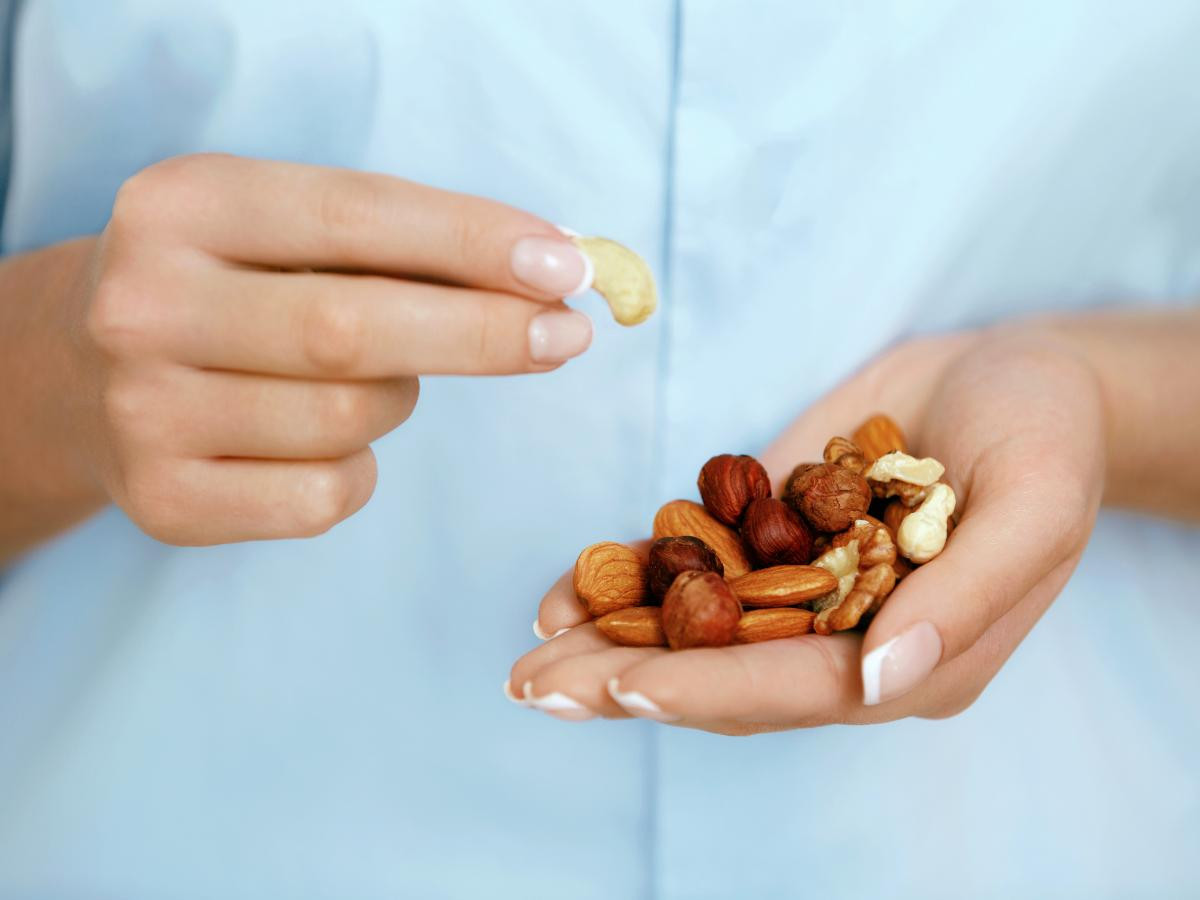
Habits shape why we crave certain foods, and if you’re like me, snacking on nut butter or a bowl of pistachios has become second nature. It’s a routine that tells your body, “Hey, it’s time for our nut fix!”
Habitual eating plays a significant role in our cravings.
If you regularly snack on nuts, your body starts to expect and crave them at those times.
I’ve incorporated nuts into my daily routine, and like clockwork, my body craves them at those specific times.
5. Nuts for Nutrition: The Pregnancy Connection

For those pregnant women expecting out there, nuts are like prenatal superheroes.
They’re loaded with nutrients essential for both you, your muscle cramps and your growing little one.
During pregnancy, cravings for nutrient-rich foods like nuts are common.
They offer a host of essential nutrients for both the mother and the developing baby.
From personal observations, my wife was munching on nuts for her entire pregnancy help her curve her sugar cravings and sweet tooth.
Substituting chocolate cake and other sugary sweets for almond butter or other nutter butter can give your growing child the essential minerals and help prevent nutrient deficiencies.
6. Textural Temptations and Flavor Favorites
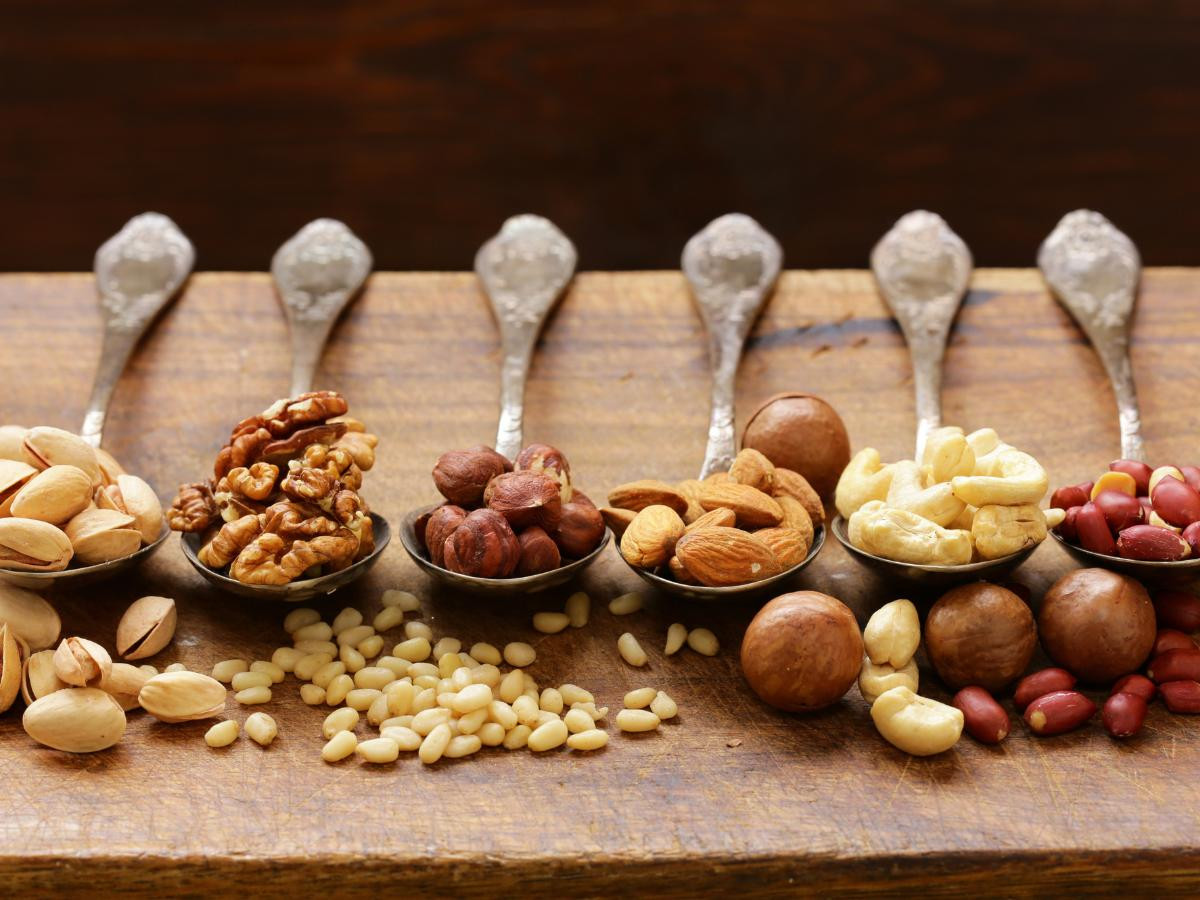
Some of us are just hardwired to love the crunch and flavor of nuts. It’s a texture thing, a taste thing – it’s a nut thing.
The crunchy texture and diverse flavors of nuts appeal to many.
This sensory satisfaction can be a big reason behind cravings.
Whether it’s the smooth richness of macadamias or the earthy crunch of almonds, each nut offers a unique taste adventure.
7. Diet and Lifestyle Influences
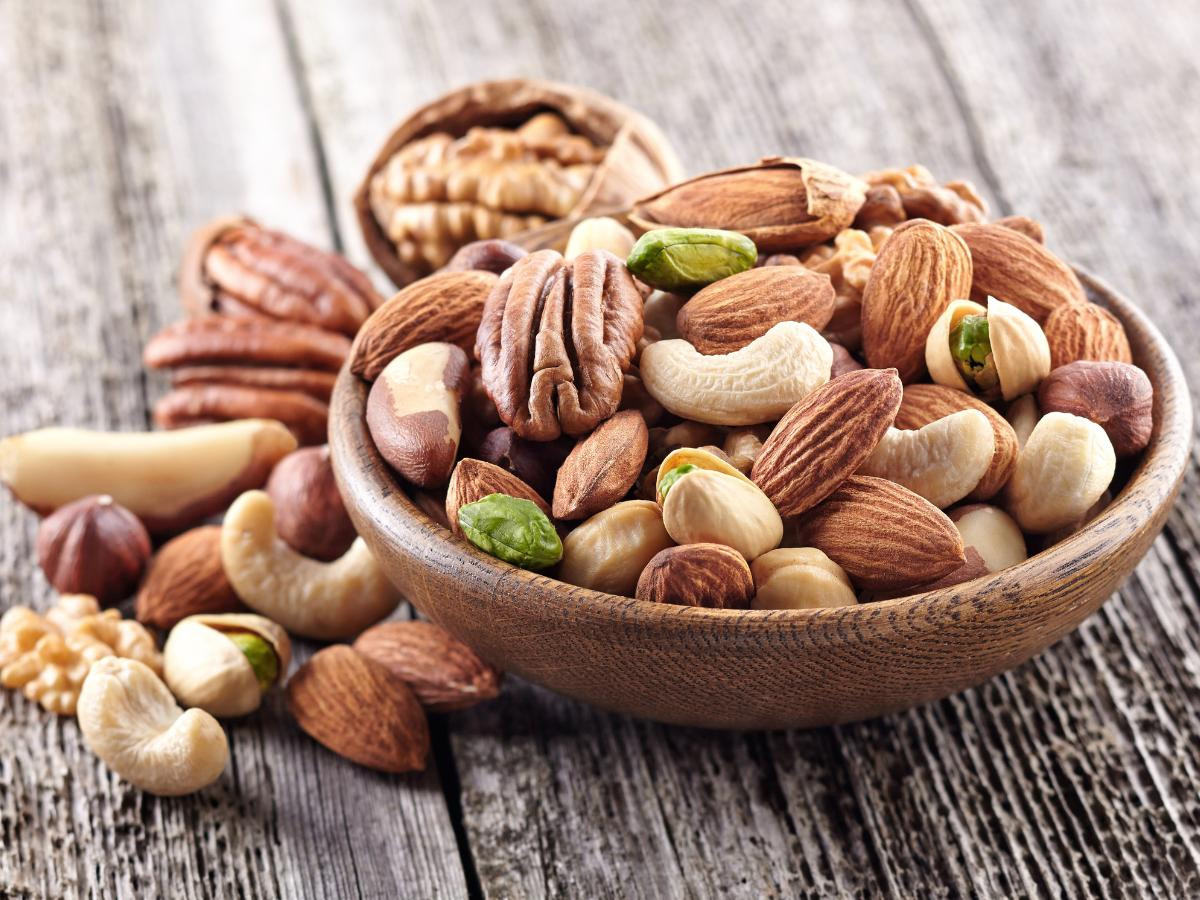
In today’s health-conscious world, where diets like keto and plant-based reign supreme, nuts and seeds are often front and center. They’re a versatile, healthy snack that fits into any lifestyle.
In many popular diets like keto or vegan, nuts are a staple, thanks to their health benefits and versatility.
Regular consumption in these diets can lead to increased nut cravings.
As a chef, I’ve seen how different dietary choices directly influence the food cravings of my clients and customers.
8. Psychological Factors: More Than Just Hunger
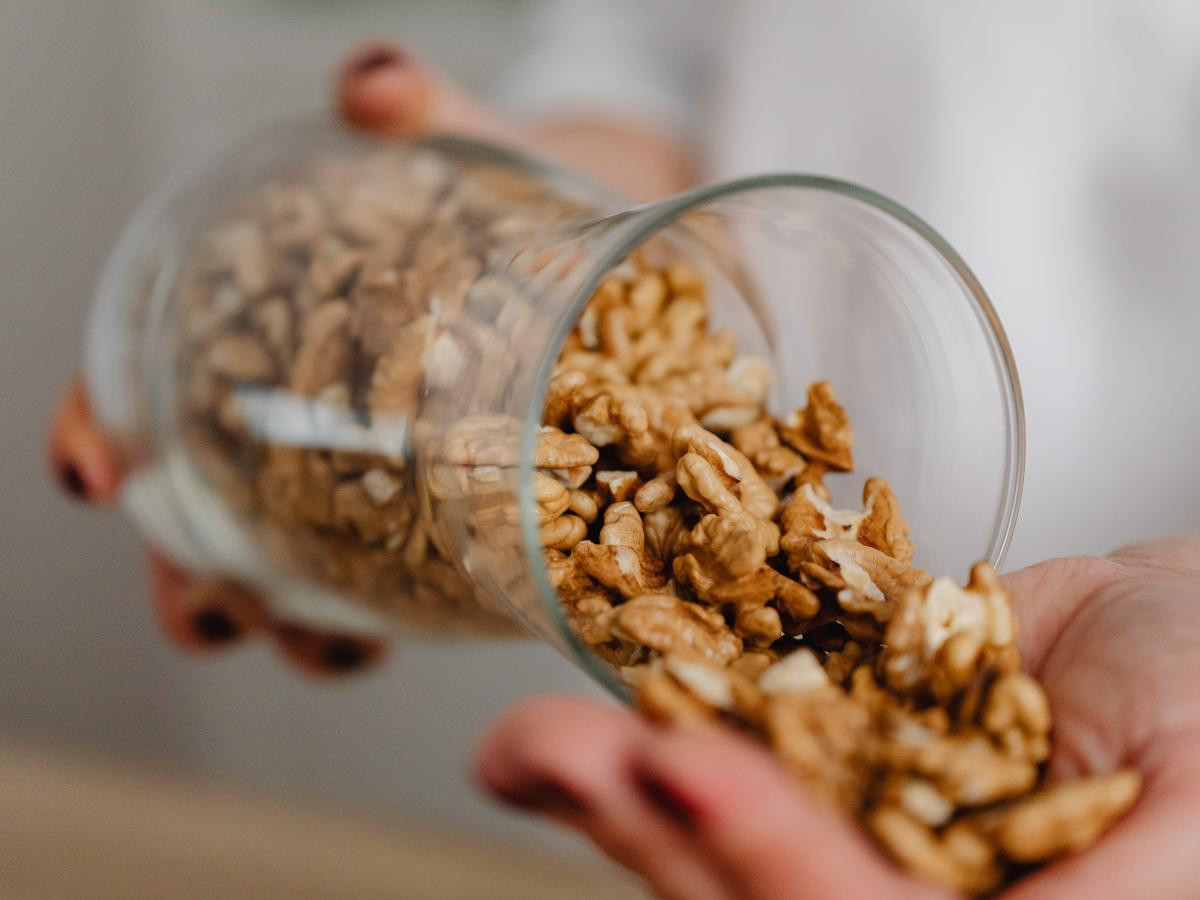
Stress, boredom – you name it, nuts can be the answer. They’re a mindful snack that can help you pause and take a breath in this hectic world.
Stress, boredom, and other psychological factors can trigger cravings.
Being convenient and satisfying, Nuts are a common go-to in these situations.
In my experience, a quick nut snack can often be the perfect solution to a mid-afternoon slump.
9. Health Conditions and Nutrient-Dense Needs

Sometimes, our bodies crave what food they need to heal or stay healthy. Nuts, with their nutrient-dense profiles, are often at the top of this list.
Certain health conditions can lead to increased cravings for nutrient-dense foods like nuts.
They provide a wide array of nutrients in a compact form, making them an ideal choice for people with specific dietary needs.
As a chef, I’ve tailored many menus for clients with such conditions, often incorporating nuts for their nutritional benefits.
Conclusion: A Nutty Affair
From nutritional needs to nutritional value to the sheer joy of their crunch, there’s more to your love for nuts than just taste.
Nuts are not just a chef’s secret weapon but a natural, tasty solution to various bodily needs and desires.
Next time you reach for that bag of pistachios know that it’s more than just a snack – it’s your body’s way of saying, “Thank you.”
FAQ and Additional Information
Why do I want to eat nuts all the time?
Nutritional Benefits: Nuts are nutrient-dense, packed with essential vitamins, minerals (like magnesium and selenium), healthy fats, protein, and fiber. If your body is lacking in any of these nutrients, it might trigger cravings for nuts as a natural way to replenish these deficiencies.
Energy and Satiety: The high protein and healthy fat content in nuts provide a sustained energy release. This can be especially appealing if you have a busy lifestyle or need a filling snack that keeps hunger at bay for longer periods.
Emotional and Psychological Factors: Sometimes, cravings are more about emotions than physical needs. Nuts have a satisfying texture and taste that can be comforting, especially during stress or when seeking a mood booster.
Habitual Snacking: If you’ve integrated nuts into your daily routine, your body can expect and crave them at those regular intervals. It’s a habitual response to a familiar and enjoyable snack.
Sensory Appeal: The crunchy texture and rich flavor of nuts can be very appealing. This sensory satisfaction can lead to frequent cravings, especially if you enjoy snacking on something with a pronounced texture and taste.
Dietary Preferences and Restrictions: If you follow a specific diet like keto, vegan, or gluten-free, nuts are often a staple since they’re versatile and fit within many dietary restrictions. Regular consumption can naturally lead to more frequent meat cravings.
Psychological Conditioning: If you’ve had positive experiences associated with eating nuts (like using them as a quick pick-me-up or as a part of a rewarding meal), your brain might create a positive feedback loop, making you crave them more often.
Why do I crave nuts before my period?
Nutrient Needs: Before and during your period, your body experiences fluctuations in hormone levels, which can affect your nutrient requirements. Nuts are rich in magnesium, a mineral often depleted during menstruation. Magnesium can help alleviate cramps and reduce tension, which might be why your body craves nuts.
Mood Regulation: The hormonal changes before your period can also affect your mood. Nuts contain healthy fats like omega-3 fatty acids, known to have mood-boosting properties. Craving nuts could be your body’s way of trying to regulate mood swings and increase feelings of well-being.
Energy Levels: Pre-menstrual and menstrual phases often come with fatigue and low energy. Nuts are a great protein and healthy fats source, providing a sustained energy release. Your body might be craving this energy boost.
Stress Response: The stress hormone cortisol can fluctuate during your menstrual cycle. Nuts are comforting due to their texture and taste and contain nutrients like zinc and B vitamins, which can help manage stress and anxiety.
Iron Replenishment: For some women, menstrual periods can lead to a drop in iron levels due to blood loss. While nuts are not the highest in iron compared to other foods, they do contribute to your overall iron intake. Your body might be signaling for more iron-rich foods like nuts.
Emotional Eating: Finally, emotional changes during this time can lead to a phenomenon known as emotional eating, where you might crave foods that are comforting and satisfying, like nuts.
What vitamin deficiency causes cravings?
Iron Deficiency: Cravings for ice, dirt, clay, or other non-food items (a condition known as pica) can be linked to iron deficiency anemia. Some people might also crave red meat, which is high in iron.
Magnesium Deficiency: If you’re craving chocolate, it might be due to a magnesium deficiency. Dark chocolate is a good source of magnesium, and your body might be signaling its need for this nutrient.
Calcium Deficiency: Cravings for ice cream or cheese can sometimes be linked to a calcium deficiency, as dairy products are rich sources of calcium.
Vitamin D Deficiency: Vitamin D deficiency might lead to cravings for foods high in Vitamin D, such as fish, egg yolks, and fortified foods. However, cravings related to Vitamin D are less commonly reported.
Omega-3 Fatty Acids Deficiency: If you find yourself craving fatty fish like salmon or sardines, it might be due to a lack of omega-3 fatty acids.
Zinc Deficiency: This can lead to a loss of taste, which might result in cravings for strongly flavored foods.
Sodium Deficiency: Cravings for salty foods can sometimes indicate sodium deficiency, although this is rare in typical Western diets.
What nuts should I be eating?
Almonds: High in vitamin E, magnesium, and fiber. They are great for heart health, managing blood sugar levels, and improving digestive health.
Walnuts: Rich in alpha-linolenic acid, a type of plant-based omega-3 fatty acid. They are beneficial for brain health and reducing inflammation.
Pistachios: Lower in calories compared to other nuts and high in potassium and vitamin B6. They are good for heart health and can aid in weight management.
Cashews: Good source of magnesium, copper, and iron. Beneficial for bone health and energy production.
Brazil Nuts: Extremely rich in selenium, a powerful antioxidant. Just one or two Brazil nuts can provide your daily selenium needs, supporting thyroid health and the immune system.
Hazelnuts: High in vitamin E and healthy fats. They support heart health and can improve blood sugar levels.
Pecans: Rich in antioxidants and contain monounsaturated fats. Good for heart health and lowering cholesterol levels.
Macadamia Nuts: High in monounsaturated fats and low in carbs and sugar. Beneficial for heart health and weight management.
Peanuts: Technically legumes, but nutritionally similar to nuts. High in protein, biotin, and copper. Good for heart health and muscle building.
When choosing nuts to eat, consider the following tips:
Variety: Eating a variety of nuts ensures you get a wide range of nutrients.
Raw or Dry-Roasted: Choose raw or dry-roasted nuts over those roasted in oil.
Unsalted: Opt for unsalted versions to keep sodium intake low and fight those salty desires.
Moderation: While nuts are healthy, they are also high in calories, so eating them in moderation is important.
Allergy Considerations: Avoid nuts if you have nut allergies.
Craving Nuts: A Sign of Magnesium Deficiency?
Magnesium and Nut Cravings:
Role of Magnesium: Magnesium is a vital mineral in over 300 enzymatic reactions, including energy production, nerve function, and muscle relaxation. It’s also important for bone health, steady heart rhythm, and the regulation of blood sugar levels.
Nuts as a Magnesium Source: Nuts, particularly almonds, cashews, and Brazil nuts, are excellent sources of magnesium. If your body is low in magnesium, it might crave these nuts to replenish this essential mineral.
Understanding Cravings: While the body can signal its needs in various ways, food cravings are not always reliable indicators of nutritional status. Cravings can also be influenced by habits, emotional states, and even aspects of your environment.
Other Signs of Magnesium Deficiency: To better assess if you might be magnesium deficient, look for other signs such as muscle cramps or spasms, fatigue, irregular heartbeat, and mood changes. If you’re experiencing these symptoms along with your cravings, it might be more indicative of a deficiency.
Managing Magnesium Levels:
Dietary Intake: A balanced low carb diet is the best way to ensure adequate magnesium intake. In addition to nuts, magnesium can be found in foods like leafy green vegetables, legumes, seeds, whole grains, and dark chocolate.
Supplementation: In some cases, dietary changes alone might not be enough, and magnesium supplements could be necessary. This should be done under the guidance of a healthcare professional, as excessive magnesium intake can have adverse effects.
Lifestyle Factors: Factors like high caffeine and alcohol consumption, certain medications, and chronic stress can affect magnesium levels in the body.

